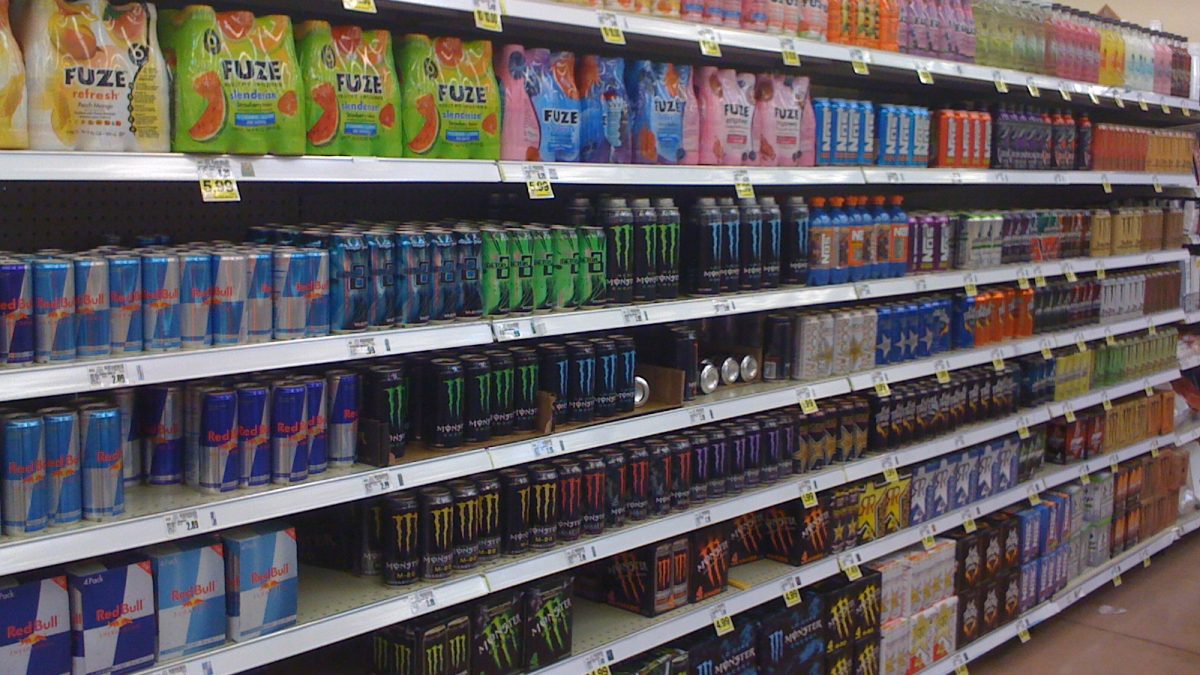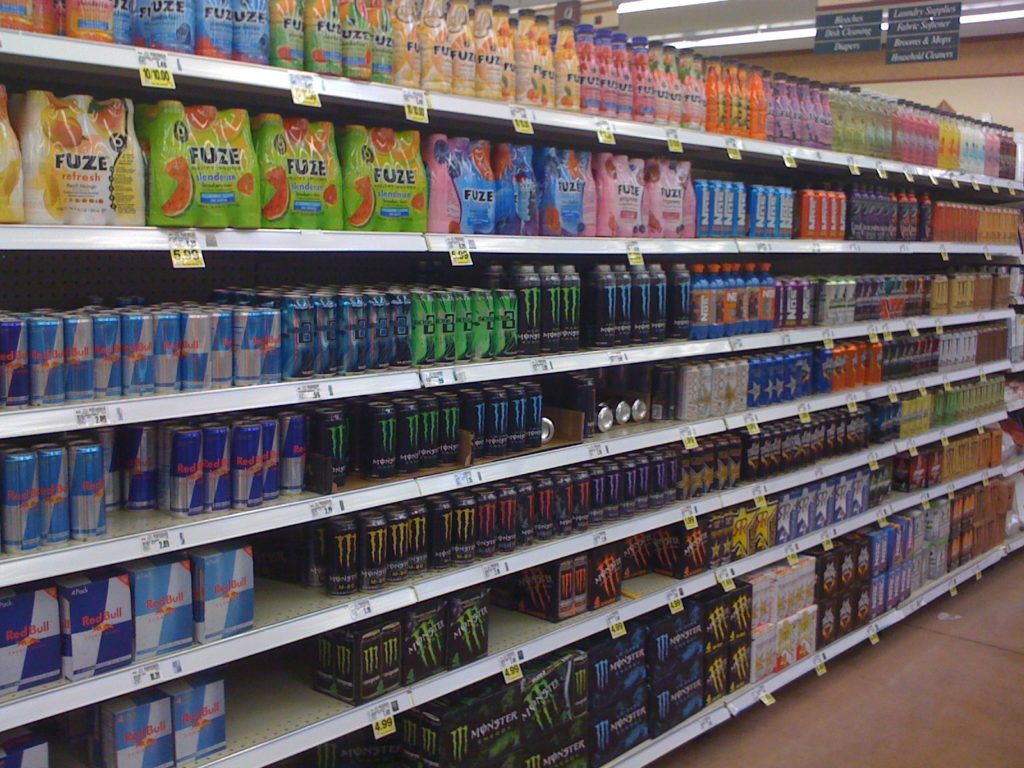Soda Tax Income Exceeded Expectations in February

Mayor Jim Kenney’s soda tax pulled in some big bucks for the city in February. Last month’s numbers just became available, and it turns out that the levy on sweetened beverages (including sweet teas, milks, waters, sports drinks, juices, and even diet sodas) made $6.4 million for the city coffers during the second month of the year. Figures released Thursday by the city’s Department of Revenue show that the tax income slightly exceeded the $6.3 million figure that was projected for February.

The soda tax made big money in February.
This comes after the gangbusters month that the tax had in January, its first month of existence. The tax was only just put into effect January 1st. The soda tax raked in $5.9 million during the first month, over twice its official prediction of $2.3 million. The tax comes to 1.5 cents per ounce and its proceeds are funneled towards community centers and schools, as well as universal pre-kindergarten education. It was passed as a law last June by the City Council after intense adverse lobbying by the soda industry. Since being enacted, several other U.S. municipalities – including Cook County, Illinois, the home of Chicago – have taken up the banner and are attempting to pass similar laws.
The tax is levied on the distributor level, but distributors have been unanimous in passing it along to consumers.
Soda companies are complaining that the soda tax is hurting business. The biggest complainer, Pepsi, claims that they have had to lay off one hundred employees as a direct result of the tax lowering sales. More recently the soft drink giant announced that it would be focusing on selling smaller bottles in Philadelphia. Instead of the classic 2-liter bottle, which carries a tax of almost a dollar against it, Pepsi will be putting 1-liter bottles on the shelves in the hopes that cheaper soda will mean greater sales from working-class families.



